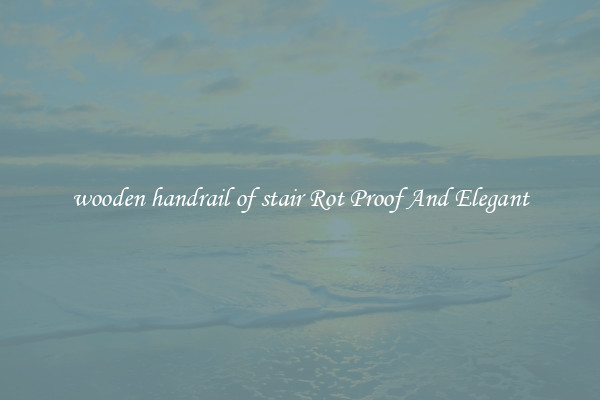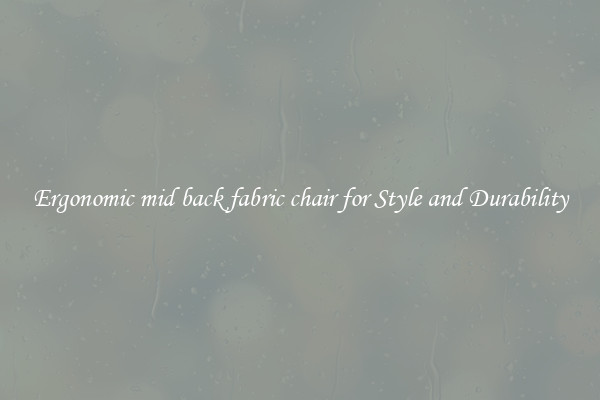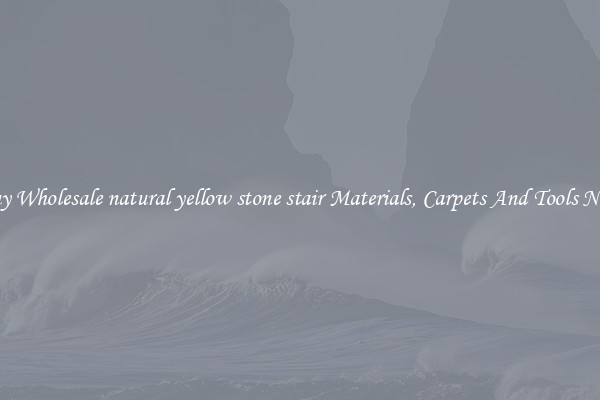wooden handrail of stair Rot Proof And Elegant
Wooden Handrails: Rot Proof and Elegant

When it comes to designing and constructing a staircase, one of the most important considerations is the handrail. A handrail not only provides safety and support while ascending or descending the stairs but also adds a touch of elegance to the overall aesthetic of the staircase.
Wooden handrails have been a popular choice for generations, and for good reason. They offer a timeless beauty that blends seamlessly with any interior design style, from traditional to contemporary. Additionally, wooden handrails are incredibly versatile, allowing for endless customization options to suit individual preferences and architectural requirements.
One of the major concerns when it comes to wooden handrails is their susceptibility to rot. However, with advancements in technology and the availability of rot-resistant wood species, this concern can be effectively addressed. By using woods such as cedar, redwood, or teak, you can ensure that your handrail remains rot-free for years to come.
Cedar is one of the most popular choices for rot-resistant handrails due to its natural durability. This softwood contains natural oils and resins that make it highly resistant to rot, insects, and decay. Additionally, cedar has a beautiful reddish hue that darkens over time, giving it a rich and elegant appearance.
Redwood, like cedar, is also naturally resistant to rot and insects. It is known for its stunning deep red color, which adds a touch of warmth and sophistication to any staircase. Redwood handrails require minimal maintenance and can withstand the test of time, making them a long-lasting investment.
Teak is an exotic hardwood that is renowned for its exceptional durability and resistance to rot, decay, and water damage. Its golden-brown color and fine grain add a touch of luxury and elegance to any staircase design. Teak handrails are not only visually appealing but also highly functional, providing a sturdy grip and support.
To ensure maximum longevity and protection against rot, it is essential to properly seal and maintain your wooden handrail. Applying a high-quality wood sealant will help prevent moisture penetration, thereby minimizing the risk of rot. Regular inspections and maintenance, such as cleaning and resealing, will further enhance the lifespan of your handrail.
In conclusion, wooden handrails are an excellent choice for staircases, providing both safety and elegance. With the availability of rot-resistant wood species and proper maintenance, you can enjoy a stunning and durable handrail for years to come. So, whether you prefer the warm tones of cedar, the deep red hues of redwood, or the luxurious beauty of teak, a wooden handrail is not only rot-proof but also a timeless addition to your staircase.

View details

View details

View details

View details








